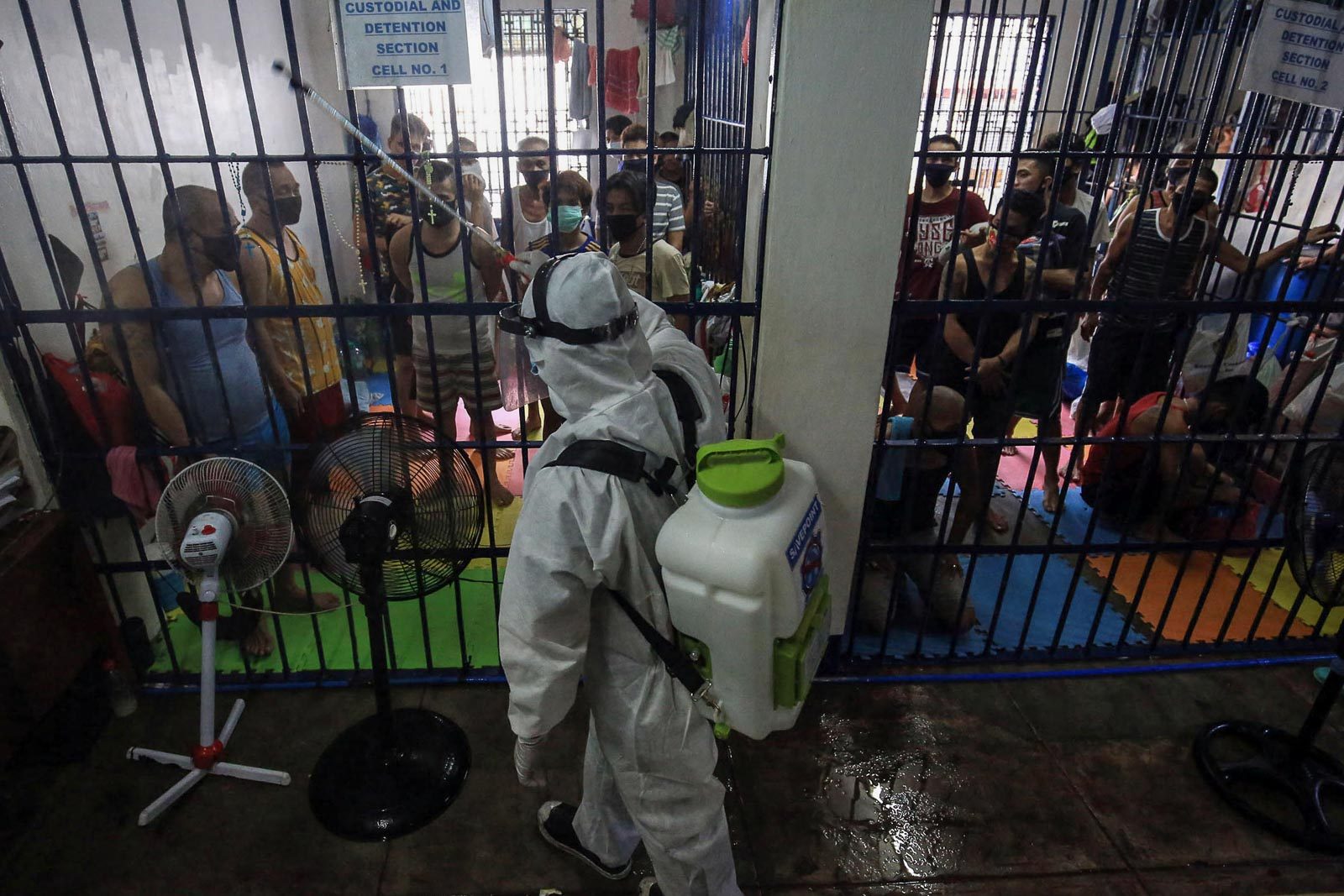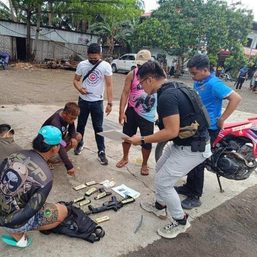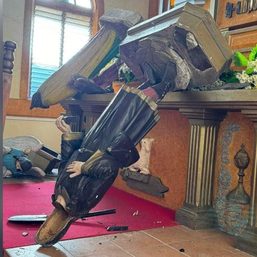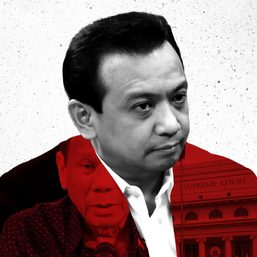SUMMARY
This is AI generated summarization, which may have errors. For context, always refer to the full article.

The Supreme Court on Tuesday, July 21, issued a directive to put newly-arrested people in police stations rather than in penal facilities, as the continued arrests for quarantine violations kept more than 3,000 in jail despite offenses being bailable.
Court Administrator Midas Marquez issued Circular No. 121-2020 on Tuesday suspending the issuance of commitment orders to facilities of the Bureau of Jail Management and Penology (BJMP) “to prevent the further contamination of covid 19 among Persons Deprived of Liberty (PDL) in all jail units nationwide.”
“All judges shall issue commitment orders for newly arrested PDLs, from date until August 31, 2020, to the local Philippine National Police (PNP) units, unless the local BJMP jail units are already able to admit newly arrested PDLs during this period,” Marquez said.
PNP Spokesperson Brigadier General Bernard Banac told Rappler “our detention cells can still accommodate but with barely enough capacity.”
Marquez said the directive was upon the request of Interior Secretary Eduardo Año, who supervises both BJMP and PNP. (READ: PANDEMIC IN CHARTS: Hundreds arrested daily, filing delays leave thousands in jail)
Police still continue to arrest quarantine violators by the hundreds every day, but the prosecutorial mechanisms are struggling to keep up such that 3,059 quarantine violators remain in jail even though these are bailable offenses.
Banac said they “have not monitored any” coronavirus cases among the arrested people in their custody. Banac claimed they tested the detainees.
“That’s part of our strict biosafety measures currently in effect in all our police stations and detention facilities, trace-isolate-treat, in case any detainee would show symptoms of virus infection,” said Banac.
Don’t send more people to jail
The Commonwealth Human Rights Initiative (CHRI) has been urging nations to decongest prisons during the pandemic, and one of its top recommendation was to not send more people to jail.
Internal documents obtained by Rappler show how the BJMP stalled on its actions, from the beginning of lockdown when Año claimed prisoners were safer inside.
The Free Legal Assistance Group (Flag) has written Chief Justice Diosdado Peralta asking him to convene the Justice Sector Coordinating Council (JSCC), which is made up of courts, prosecutors and police. Flag asked the JSCC “to come up with a clear and coordinated plan and a strategic approach towards jail decongestion and humanitarian treatment during this pandemic.”
The Supreme Court’s response was to reduce bail for poor prisoners and order the strict implementation of old decongestion measures of releasing prisoners with shelved or inactive cases. (READ: In Duterte’s Philippines, lawyers are pandemic frontliners too)
A holistic petition asking for the temporary release of vulnerable and low-risk prisoners has been pending before the Supreme Court since April.
In BJMP’s last data release on June 11, 745 prisoners and 125 personnel have tested positive for the virus.– Rappler.com
Add a comment
How does this make you feel?


![[Time Trowel] Evolution and the sneakiness of COVID](https://www.rappler.com/tachyon/2024/02/tl-evolution-covid.jpg?resize=257%2C257&crop=455px%2C0px%2C1080px%2C1080px)




![[Rappler Investigates] The guns of Apollo Quiboloy](https://www.rappler.com/tachyon/2024/04/quibs-guns-carousel.jpg?resize=257%2C257&crop=412px%2C0px%2C1280px%2C1280px)





![[Just Saying] Diminished impact of SC Trillanes decision and Trillanes’ remedy](https://www.rappler.com/tachyon/2024/04/Diminished-impact-of-SC-Trillanes-decision-and-remedy.jpg?resize=257%2C257&crop=273px%2C0px%2C720px%2C720px)
There are no comments yet. Add your comment to start the conversation.